Philadelphia Office Prices Drop, Construction Slows
The market had a sluggish start to Q4, the latest CommercialEdge data reveals.
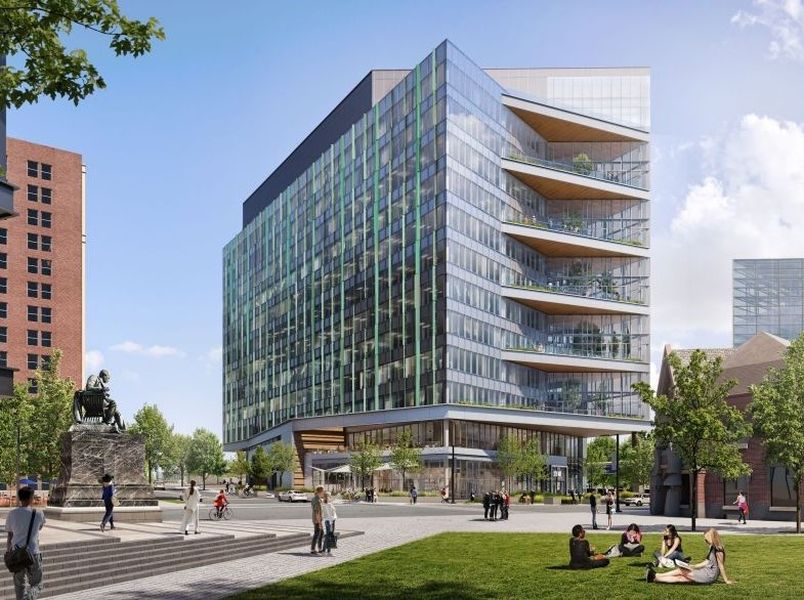
Prices for office space in Philadelphia continued to decrease in the second half of the year. The market’s fundamentals did not show signs of improvement, with vacancy ballooning 510 basis points over the past 12-month period ending in October, CommercialEdge data shows.
The supply pipeline remained muted, with only 1.9 million square feet under construction. Four out of the five projects underway in October were life science assets, signaling the market’s status as an up-and-coming hub for the sector.
Philadelphia’s life science sector expands
Philadelphia had 1.9 million square feet of office space under construction as of October. This amount represented 1.1 percent of the market’s existing stock—20 basis points above the national figure.
Compared to its peer markets, Philadelphia was ahead of Phoenix (0.4 percent of stock underway), Houston (0.7 percent) and Charlotte, N.C. (0.9 percent), but lagged San Diego (3.2 percent) and Nashville (3.5 percent).
The largest project underway is Parkway Corp.’s 2000 Arch St., a 550,000-square-foot building in the Logan Square neighborhood. The asset is a build-to-suit for Chubb, for which the developer obtained $409 million in credit tenant lease financing last year.
The other four developments are all life science assets. Brandywine Realty Trust and Drexel University topped out 3151 Market St. in October last year—a 435,000-square-foot building that is part of the $3.5 billion Schuylkill Yards master plan. At 3001 Chestnut St., Spark Therapeutics is constructing its future center for gene therapy manufacturing, which will include office space—also part of the same master plan.
The remaining two are a 350,000-square-foot facility under construction for Children’s Hospital of Philadelphia, set to open in 2025 and include laboratory space; and 3201 Cuthbert St., under construction by Gattuso Development Partners and Vigilant Holdings of New York. The latter is a 519,647-square-foot life science property for which the duo obtained $290 million in construction financing in late 2022.
Developers completed 932,303 square feet of office space across five buildings in Philadelphia year-to-date through October. Deliveries in the metro were down 35.4 percent year-over-year—in line with national trends—and accounted for 0.4 percent of existing stock. All completions were in the first half of the year.
Office-to-residential conversions garner interest
As a response to rising interest for office-to-residential conversions, CommercialEdge created the Conversion Feasibility Index (CFI)—powered by Yardi—which measures a building’s potential to be transformed into multifamily rental units.
The CFI score has three tiers, with Tier 1 buildings being the most likely candidates. Philadelphia had 43 assets—roughly 5.6 million square feet—that fell in the Tier 1 range, as of October. An additional 165 buildings were Tier 2, approximately 26.8 million square feet.
Among the largest of these is 1701 Market St., a 929,124-square-foot high-rise that will be converted into 299 rental apartments. Alterra Property Group secured a $70 million construction loan from Bank OZK for the project, slated for completion in Spring 2025. The property has a CFI score of 96, marking its high potential for conversion.
Gazit Horizons is redeveloping the 76,500-square-foot Art Deco building at 1618-1622 Chestnut St. The owner is planning to bring 67 units online throughout the seven floors currently occupied by office space.
Average price lags peer markets
Investors traded $316 million in assets across the metro year-to-date through October. Office space in Philadelphia continued to change hands at a below-average price per square foot, $83. Meanwhile, the U.S. figure clocked in at $177.
Philadelphia also ranked last among its peer markets when it came to the average price, below Houston ($104), Charlotte ($151), Phoenix ($164), Nashville ($193) and San Diego ($198).
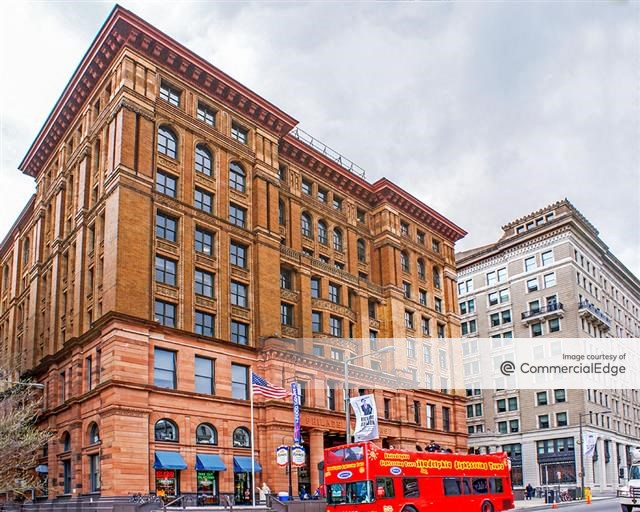
The largest transaction remained Incyte’s $34.2 million purchase of the office asset at 1100 N. King St. from Capital Commercial Investments. The pharmaceutical company also bought the property at 1100 N. French St., for $13.3 million, from the same buyer.
KKR sold the 267,597-square-foot asset at 111 S. Independence Mall E for $31 million to Lubert-Adler—the second largest transaction year-to-date through October. The Bourse building was constructed in 1895 and served as the nation’s first commodities exchange market. It underwent two rounds of complete renovations—in 2012 and 2018—and now houses 20,000 square feet of retail and nine floors of office space.
Vacancy grew, but stabilized below U.S. average
Philadelphia’s overall vacancy stood at 18.9 percent as of October, below the 19.4 percent national figure. However, the metro’s rate increased by a whopping 510 basis points year-over-year, while the U.S. average was up 160 basis points.
Compared to its peer markets, Philadelphia’s vacancy stood somewhere in the middle—higher than Charlotte (16.4 percent), Nashville (17.5 percent) and Phoenix (18.4 percent), but below San Diego (20.6 percent) and Houston (24.3 percent).
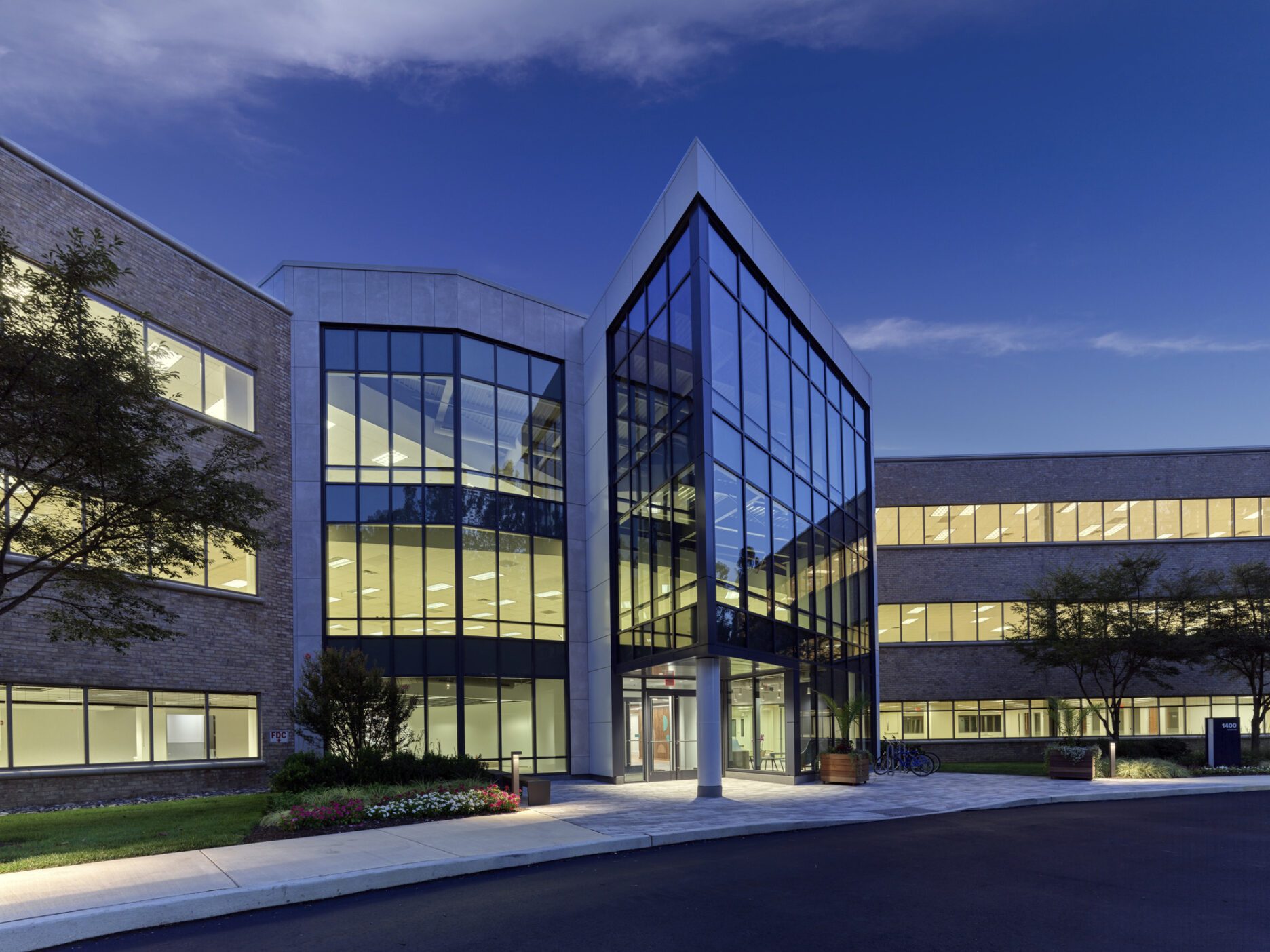
Not many significant deals took shape across the market. In September, Potter Anderson & Corroon LLP renewed its 82,757-square-foot lease at 1313 N. Market St. in Wilmington, Del., which it will use as its headquarters for another 13 years. The Siegfried Group owns the 530,000-square-foot building.
Earlier in November, Rubenstein Partners signed Arcfield at its Chesterbrook Corporate Center in Wayne, Pa. The new tenant will occupy 36,000 square feet in total—the entire third floor and part of the first floor. The asset at 1400 Morris Drive is part of a 1.1 million-square-foot campus.
Philadelphia’s expanded coworking inventory
In October, Philadelphia had around 2.8 million square feet of office space dedicated to coworking. This was 1.5 percent of the market’s total inventory, 40 basis points below the national figure. Compared to its peers, Philadelphia stood at the bottom, outpaced by Phoenix (1.9 percent), Charlotte (1.9 percent), San Diego (2.1 percent) and Nashville (3.5 percent).
Despite lagging peer markets, Philadelphia’s amount of shared space locations grew considerably, up 9 percent from the second to the third quarter, according to a recent report from CoworkingCafe. This brought the total to 150 coworking locations. The metro also had a below-average median price for monthly rates for open workspaces, at $119 in September.

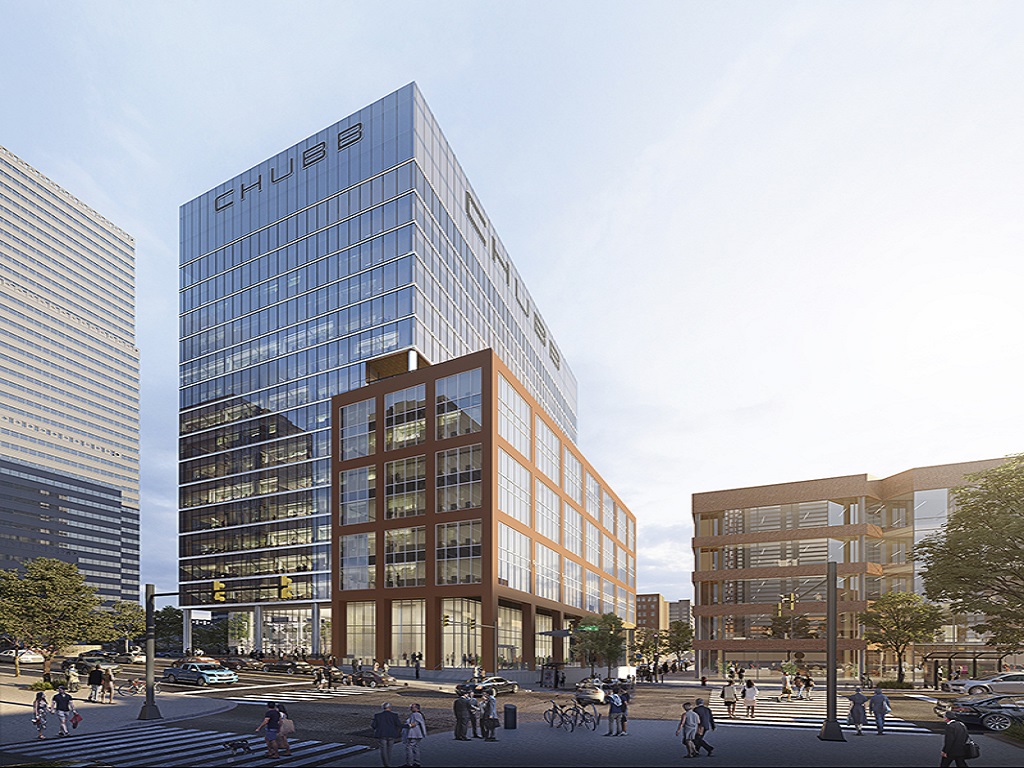
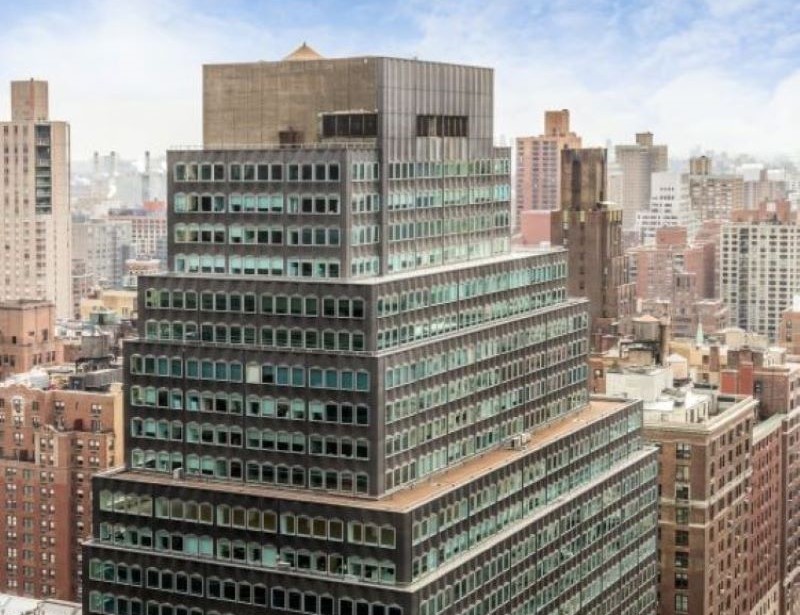

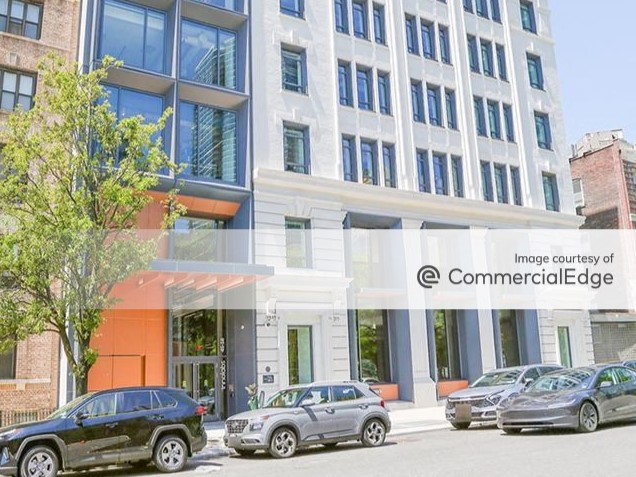
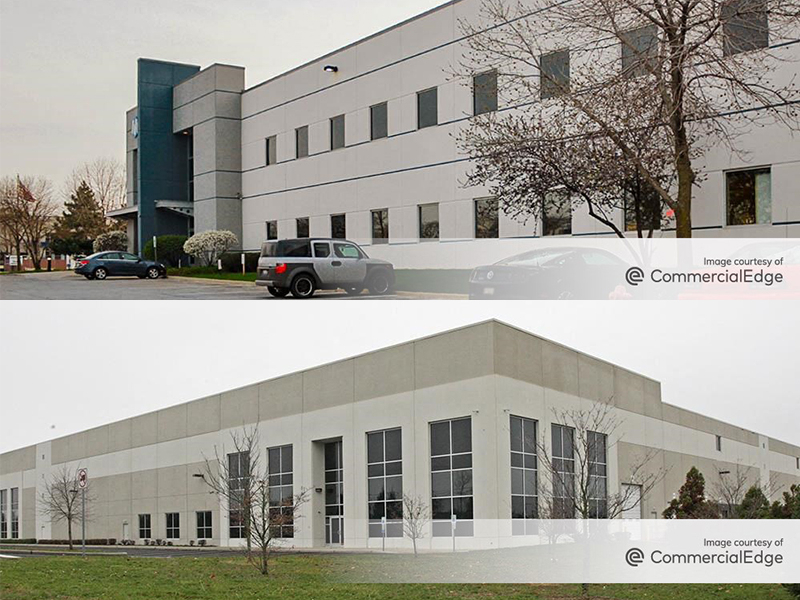
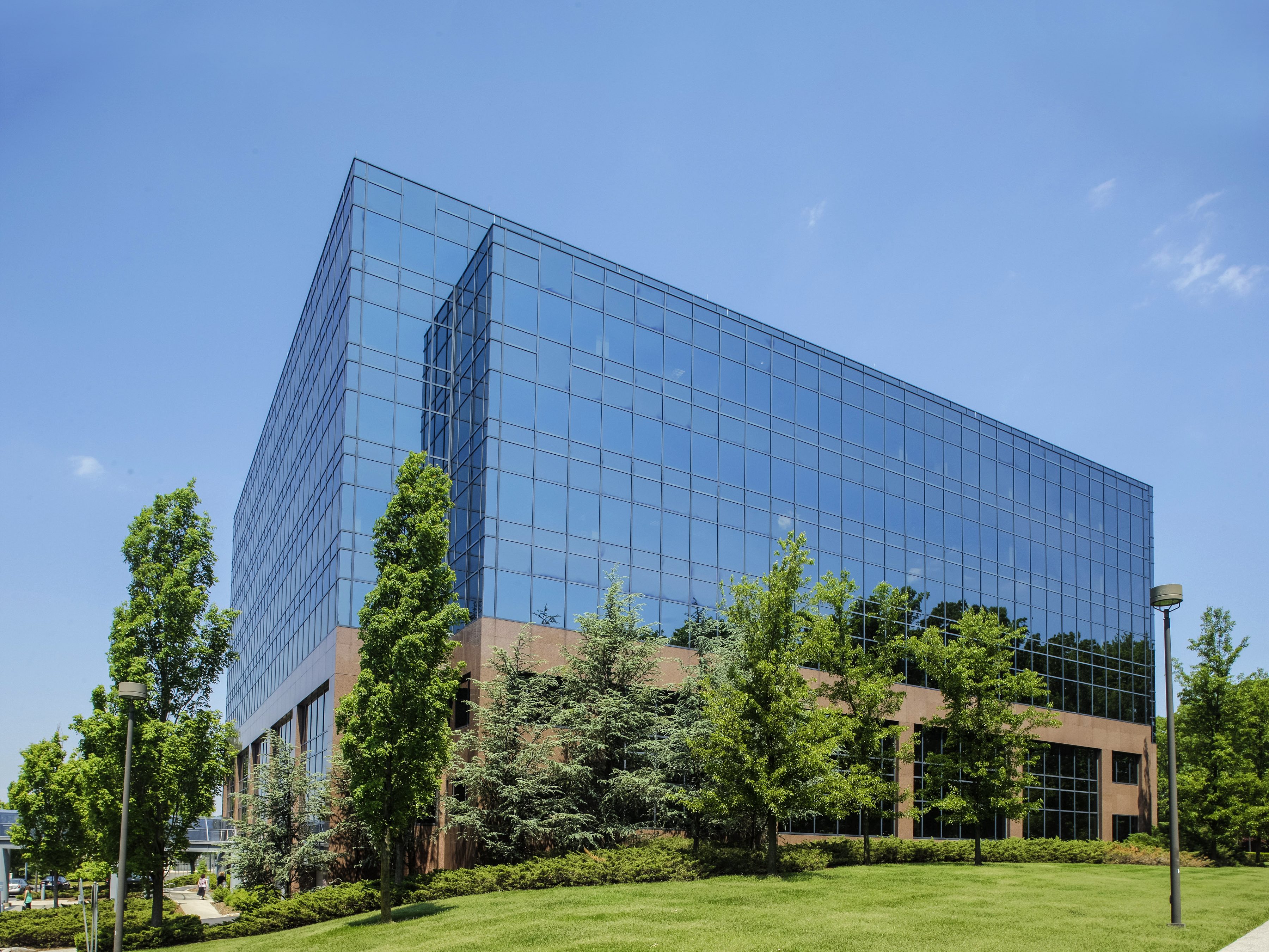
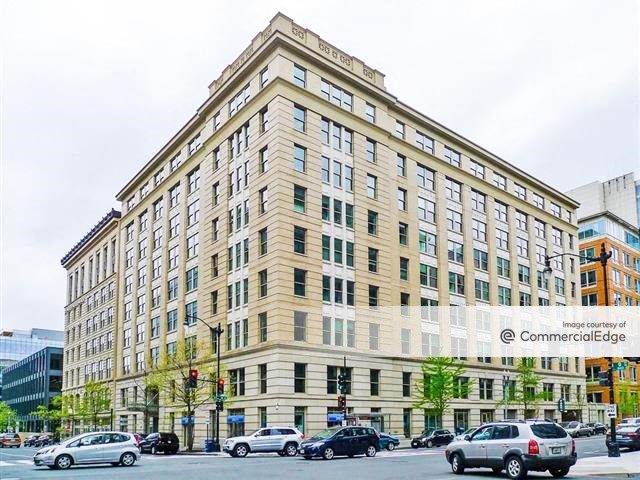
You must be logged in to post a comment.